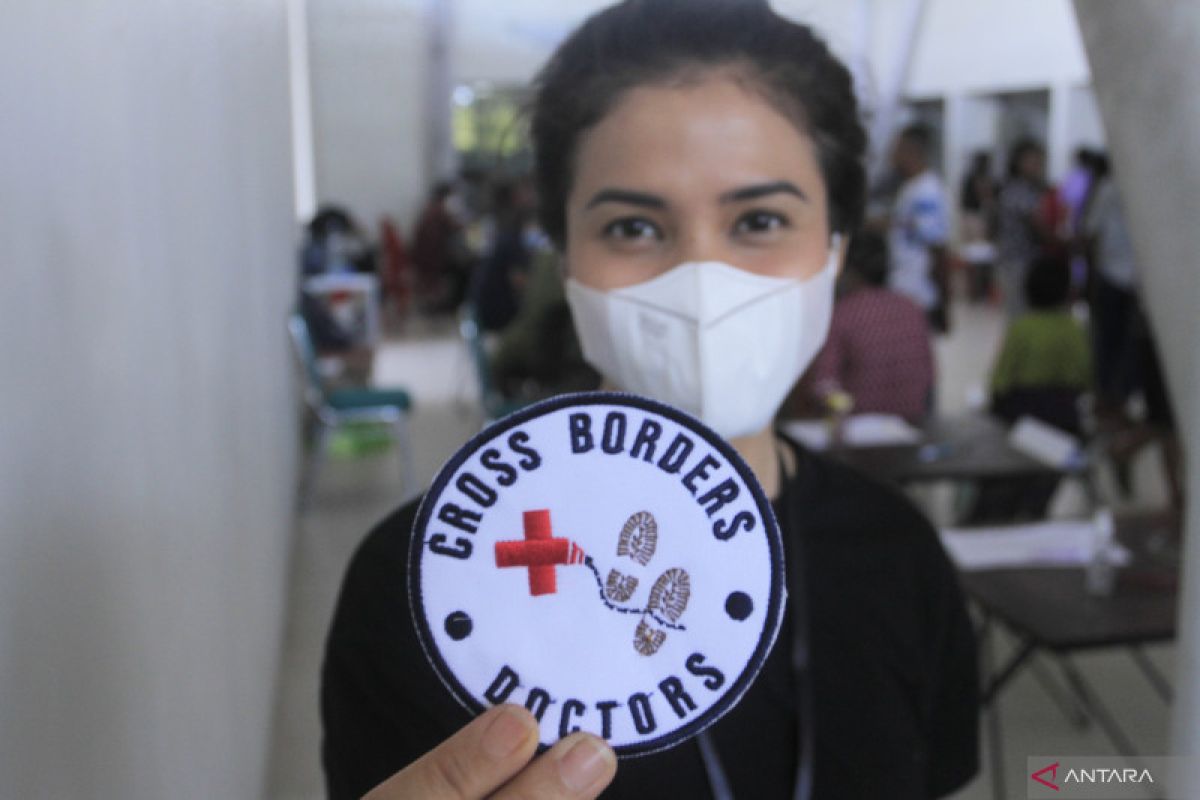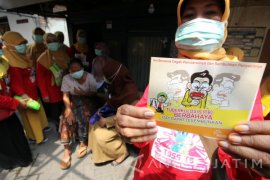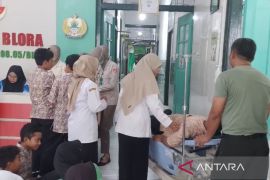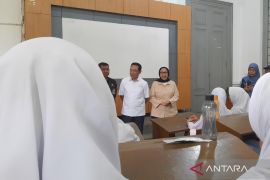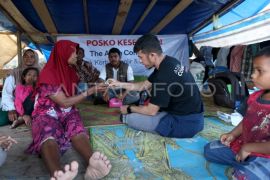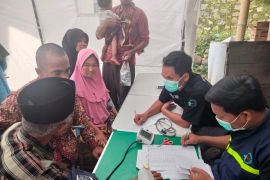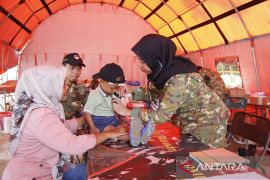The ministry's director general for health personnel, Arianti Anaya, stated here on Monday that the program aims to produce more of the seven types of specialist doctors required for standard health services.
According to Anaya, apart from tools and devices, medical personnel emerged as an important factor in expediting access to health services for people, particularly to tackle the top four causes of deaths: stroke, heart disease, cancer, and liver disease.
"Folks, you can imagine. If we have money, when we buy devices, in less than a year, the device is there. However, to develop or create a specialist doctor, we need 4-5 years," she explained.
Anaya remarked that Indonesia still needed more than 27 thousand specialists. Currently, she said, if the 24 medical faculties in Indonesia can create 2,700 graduates per year, then it would take a decade to meet the figure.
Hence, she noted that Indonesia adopts the hospital-based education system commonly used in other countries.
She also highlighted the potential to extend the program to three thousand hospitals in Indonesia in order to drive progress.
Moreover, the ministry collaborated with the Accreditation Council for Graduate Medical Education (ACGME), which had given accreditation to similar programs in the US, Singapore, and other countries, so as to ensure that the education has global quality.
She stated that regional doctors will be encouraged to partake in the program without having to pay, and instead, get paid by the ministry. Thereafter, she said, the graduates are to return to their places of origin to serve there.
She expected that the program would cut the waiting time significantly, from a decade to five years.
On the same occasion, the ministry's director general for health services, Azhar Jaya, stated that oftentimes, doctors of regional hospitals, like the ones outside Java Island, have a harder time getting specialist education, unlike their counterparts in urban areas. Hence, Jaya said, the education program prioritized doctors from regional hospitals.
"Once they go back home, we ensure that they serve the place they came from," he remarked.
He explained that in the event of the graduate violating that condition, his or her license would be revoked. He opined that this step aims to ensure that the said national needs for specialist doctors are met.
Related news: Indonesia launches hospital-based specialists doctor program
Related news: Govt boosts OSH specialists' competencies to reduce accidents at work
Reporter: Mecca Yumna Ning Prisie
Editor: Rahmad Nasution
Copyright © ANTARA 2024
